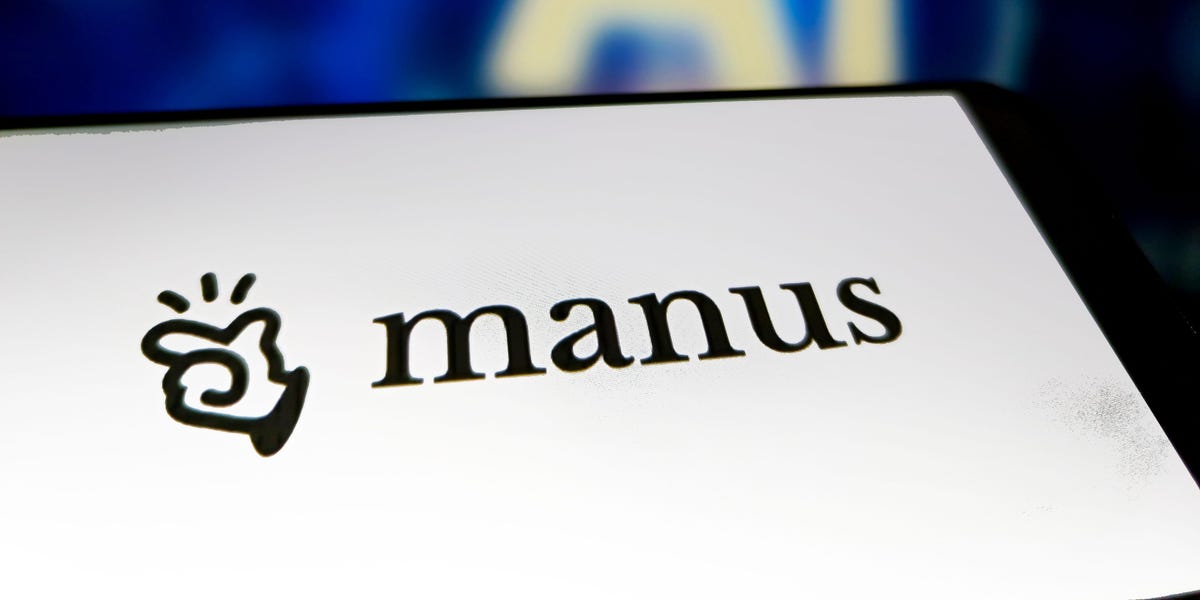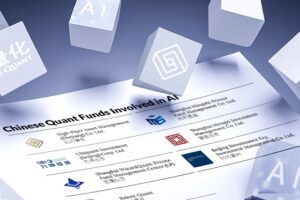Introducing Manus AI: China’s Major Advancement in Fully Autonomous AI Agents

Introducing Manus AI: A Game-Changer in Autonomous Agents
Manus, launched by the Chinese startup Monica on March 6, 2025, is making waves in the tech world. This new development isn’t just another generative AI model like ChatGPT or DeepSeek; Manus is a fully autonomous AI agent. While generative models primarily react to prompts, Manus is designed to operate independently, making decisions and executing tasks without human oversight. This shift towards autonomy marks a significant change in AI technology, moving from responsive models to fully operational agents.
What Makes Manus AI Unique?
The Meaning Behind the Name
The name "Manus" is rooted in the Latin phrase Mens et Manus, meaning "Mind and Hand." This reflects its dual functionality: it can process complex information and take action to achieve tasks. To do this, Manus utilizes large language models (LLMs) to think and traditional automation tools to act.
Hybrid Approach: Neuro-Symbolic AI
Manus employs a neuro-symbolic approach for executing tasks. It incorporates LLMs, such as Anthropic’s Claude 3.5 Sonnet and Alibaba’s Qwen, to interpret natural language and generate plans. This method enhances its capability by combining creative generative AI with structured automation, allowing Manus to tackle complex tasks like deploying applications and managing workflows.
How Manus AI Operates
Structured Agent Loop
Manus operates through a structured agent loop, mimicking human decision-making. When tasked with an objective, it analyzes the requirements and determines the necessary tools—ranging from web scrapers to data processing scripts. Utilizing a secure Linux sandbox, it can install software and interact with web applications while ensuring data security.
Multi-Agent Architecture
A notable aspect of Manus is its multi-agent architecture. A central executor manages various specialized sub-agents that can handle specific tasks such as data analysis or web browsing. This setup enables Manus to work autonomously across various tasks simultaneously. Additionally, Manus operates within a cloud-based environment, allowing it to continue working while users can step away.
Performance and Testing
Manus AI has excelled in performance evaluations, notably achieving top marks in the GAIA Benchmark. This measure, developed by Meta AI, Hugging Face, and AutoGPT, assesses an AI’s ability to reason, process different types of data, and complete real-world tasks. Manus’s performance has placed it ahead of several established competitors, including OpenAI’s GPT-4 and Google’s models.
Real-World Applications
To illustrate Manus’s capabilities, developers showcased several impressive use cases during its launch:
Recruitment: Manus was tasked with analyzing resumes. It didn’t just match keywords; it examined skills against market trends and created a detailed hiring report, requiring no human oversight.
Travel Planning: When asked to generate a travel itinerary, Manus factored in preferences alongside variables like weather and crime statistics, going beyond simple information gathering to reflect a comprehensive understanding of the user’s needs.
Content Creation: For a tech writer, Manus autonomously created a biography and personal website, handling tasks from data scraping to troubleshooting hosting issues.
- Stock Analysis: In the finance sector, Manus conducted a correlation analysis of stock prices, collecting data from the YahooFinance API and generating visualizations, all while creating a shareable online presentation.
Challenges Ahead
Despite its remarkable achievements, Manus AI faces certain challenges:
Technical Challenges: Early users reported issues where Manus entered loops, executing ineffective commands repeatedly, highlighting difficulties with unstructured environments.
Ethical Concerns: Manus’s web scraping abilities raise questions about data privacy and security, especially regarding the potential misuse of its automation features.
Transparency Issues: Users noted inconsistencies when applying Manus to new tasks, making it difficult to fully trust its capabilities without independent verification.
- Metrics for Autonomy: A lack of clear metrics to evaluate the level of autonomy in AI agents raises skepticism about the actual progress Manus represents versus its marketing.
As Manus AI continues to evolve, its potential in shaping industries is immense. In a world where AI moves from mere assistance to full agency, the implications of such technology will be profound, influencing various sectors and changing our approach to work.






